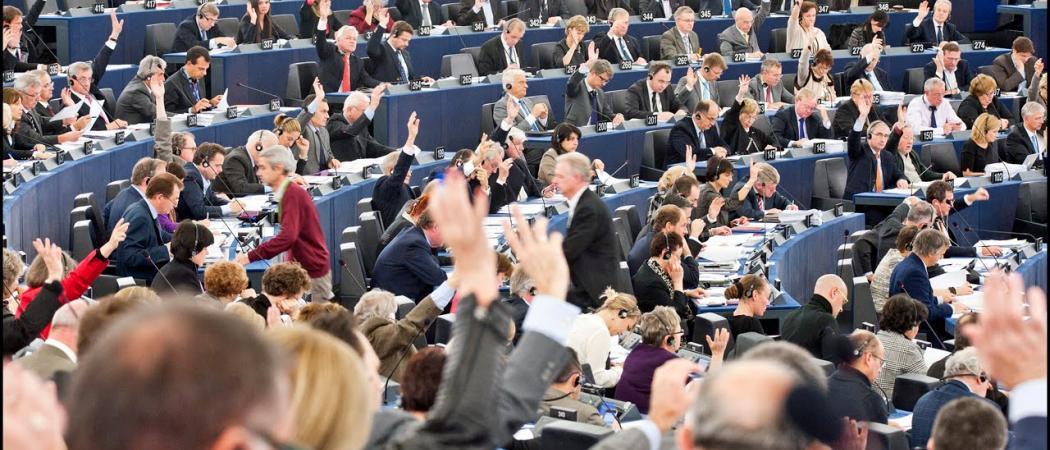Researchers gain more access to hi-tech research tool, but data start-ups warn the narrow rules create ‘a backseat for Europe’s innovators”

The European Parliament has paved the way for a controversial overhaul of digital copyright rules in Europe, voting to give researchers freer rein to use test and data mining computer programmes to analyse millions of research papers at once.
The new legislation, which faces a final vote next January, applies to the use of text and data mining in scientific research, but gives member states the right to open up use of the technology to companies and individuals.
For EU Research Commissioner Carlos Moedas the vote set down “balanced and research-friendly rules.”
However, Julia Reda, an MEP of Germany’s Pirate party, wanted the rights to be broader. Restricting free access to text and data mining to scientists carrying out basic research undermines the ability of universities to commercialise their findings and would, “have a chilling effect on discoveries in the public interest,” she said.
Text and data mining turbocharges research by enabling scientists to simultaneously scour hundreds and thousands of articles. The problem is that the material researchers want to mine is tightly controlled by journal publishers in Europe, which own the copyright, and which currently require users to have licenses to mine their databases.
Start-ups which rely on access to large amounts of data were disappointed not to be among the immediate beneficiaries of the new data mining regime. Use of data mining in Europe is significantly lower than in the US and Asia, most probably due to current licensing hurdles.
The Parliament’s decision to approve only an “optional exception” for companies “will split the single market,” said Lenard Koschwitz, director of European affairs with Allied for Startups, a lobby group. “Rather than creating legal certainty, the Parliament today opted for fragmentation and a backseat for Europe’s innovators,” he said.
Letting more companies in on largescale computer trawling would lead to innovation in mining tools, Koschwitz argues. Today, only just over one percent of companies are using text mining in Europe, according to data from FutureTDM, an EU-backed project which promotes mining techniques.
Research libraries, meanwhile, said new copyright rules would allow them “to better preserve, digitise and share their collections.”
However, it was “deeply regrettable” that the Parliament did not fully support new technologies, said Jeannette Frey, president of LIBER, an association of research libraries. “This restricted [mining] exception will undermine the European Commission’s broader efforts to support open science and artificial intelligence. It will also hinder valuable collaborations between universities, businesses and the public sector,” she said.
On the other side, publishers will broadly favour the Parliament’s position, having argued previously that any exemption should be limited to research organisations. Companies that want to mine material should continue to pay for a licence, they say.
The conservative European People’s Party, the largest bloc in the Parliament and the political home of the lead drafter on the copyright file, Axel Voss, was not in favour of widening the scope beyond the European Commission’s original proposal, arguing that this would interfere with “a well-functioning licensing market.”





 A unique international forum for public research organisations and companies to connect their external engagement with strategic interests around their R&D system.
A unique international forum for public research organisations and companies to connect their external engagement with strategic interests around their R&D system.